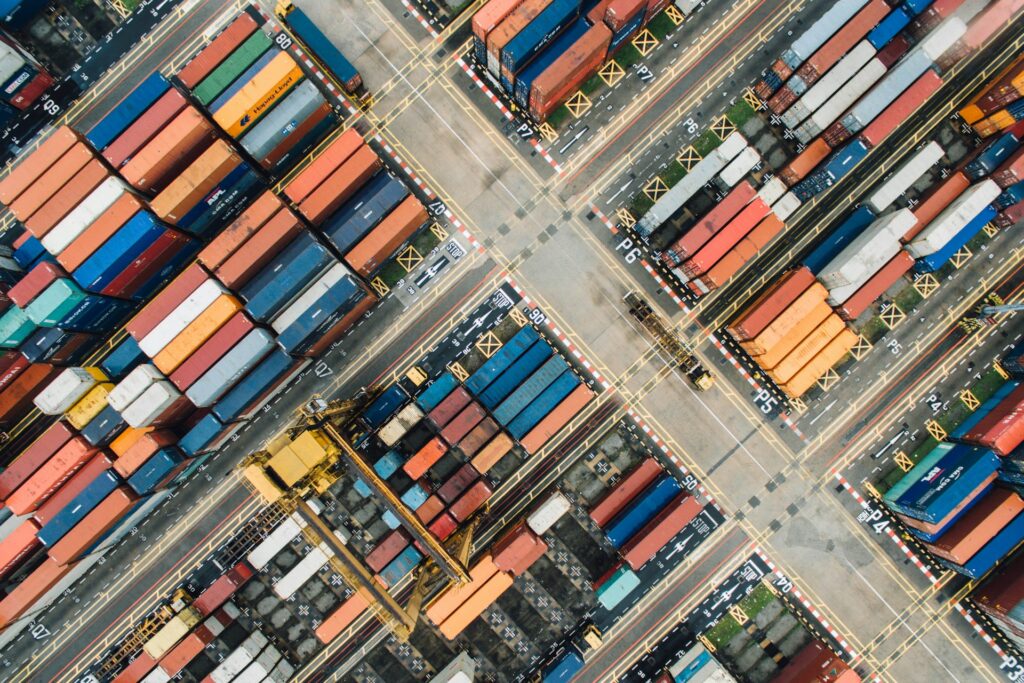The Evolution of Trucking and Shipping Industries
Today, the freight transportation landscape is virtually unrecognizable from its predecessors. Developments in supply chain management, driven by technological advances, have enabled significant improvements in efficiency and reliability. This evolution covers everything from digital logistics platforms facilitating better route planning and cargo tracking to automated warehousing systems that enhance delivery speeds while reducing the likelihood of human error. Recent Developments in Logistics provide a comprehensive coverage of how the functional fabric of trucking and shipping continuously adapts to offer higher quality services.
Impact of E-Commerce on Trucking and Shipping
The digital shift towards e-commerce has revolutionized consumer expectations, with expedited shipping no longer a luxury but a standard demand. The trucking and shipping companies in New York are consequently transitioning to models that can handle a higher velocity of smaller, more frequent deliveries. This impacts not only the speed of shipments but also presents logistical challenges with warehousing and last-mile delivery. To cater to this digital retail boom, companies in the logistics trade are constantly innovating their service offerings, ensuring that products reach consumers quicker than ever before, all while managing costs and improving customer service.
Advantages of Partnering with Professional Trucking Services
Companies looking to fine-tune their supply chain increasingly see the value in collaborating with professional trucking services. Such partnerships offer access to a network of seasoned experts who navigate the complexities of transportation logistics, ensuring that products are delivered efficiently and affordably. These relationships foster enhanced scalability and flexibility, allowing enterprises to adjust quickly to market changes without the burden of maintaining their fleet. As a result, businesses can allocate more resources to core operations, driving growth and competitiveness in their respective markets.
Innovative Technologies Shaping the Future of Trucking
On the cusp of transformation, the industry is looking towards groundbreaking tech like autonomous vehicles to lead the charge into a more efficient future. Autonomous trucking promises round-the-clock operation without the constraints of human labor laws, enhancing productivity while potentially reducing accidents caused by driver fatigue. Simultaneously, blockchain technology offers new avenues for secure, transparent transactions between parties along the supply chain. Such technologies not only bode well for operational enhancements but may also pave the way for significant cost reductions, forming a logistics ecosystem that is proficient, resilient, and cost-efficient.
Sustainability Initiatives within the Trucking Sector
The green movement has reached the trucking sector, encouraging a move towards sustainable practices in an otherwise carbon-intensive industry. Companies are exploring alternative energy sources, with some investing in electric and hybrid trucks designed to curtail emissions substantially. Optimizing shipping routes and loads through advanced analytics reduces fuel consumption, lessening the industry’s environmental impact. These efforts reflect a commitment to ecological stewardship while addressing the pragmatic needs of business efficiency and regulatory compliance.
Understanding Different Freight Shipping Options
The subtleties of various shipping options can have a pronounced effect on a company’s logistics performance and budget. Freight shipping is not monolithic; it spans a spectrum from LTL to full truckload, each optimized for different scenarios. Smaller shipments may fare better with less-than-truckload options, maximizing cost-efficiency and flexibility, while large-volume shipments necessitate an entire truck’s capacity. Scrutinizing each option’s advantages and constraints is paramount for businesses to select the service that best aligns with their specific logistical needs.
Critical Role of Logistics in Disaster Response
While the commercial aspect of trucking and shipping is most visible, the industry’s role in disaster relief must be balanced. Whether it’s responding to natural catastrophes or other emergencies, the ability of logistics providers to rapidly mobilize resources is critical. Strategic pre-planning and a robust network enable these companies to provide aid efficiently, proving indispensable during times of crisis and reinforcing the sector’s vital role in trade and humanitarian efforts.
The Interconnection of Global Supply Chains
Today’s global supply chain is a complex, interconnected web where any localized disruption can reverberate with global consequences. This interconnectedness makes a robust logistics network particularly valuable, attesting to the intricate dance of coordinated efforts that keep the wheels of international commerce spinning. The logistics sector’s meticulous planning and responsiveness allow businesses worldwide to function harmoniously, culminating in a dance of commerce that transcends borders.
Choosing the Right Logistic Partner for Your Needs
Finding a logistics partner that aligns with organizational values and operational needs can be the keystone of a company’s supply chain management. The scrutiny of potential partners should extend beyond mere cost comparison to include their capacity for adaptation to technological advancements, compliance with sustainability endeavors, and the overall quality of service offerings. Such discernment in selecting a logistics partner can nourish a business’s efficiency and resilience, ultimately influencing its long-term viability and success in the market.







